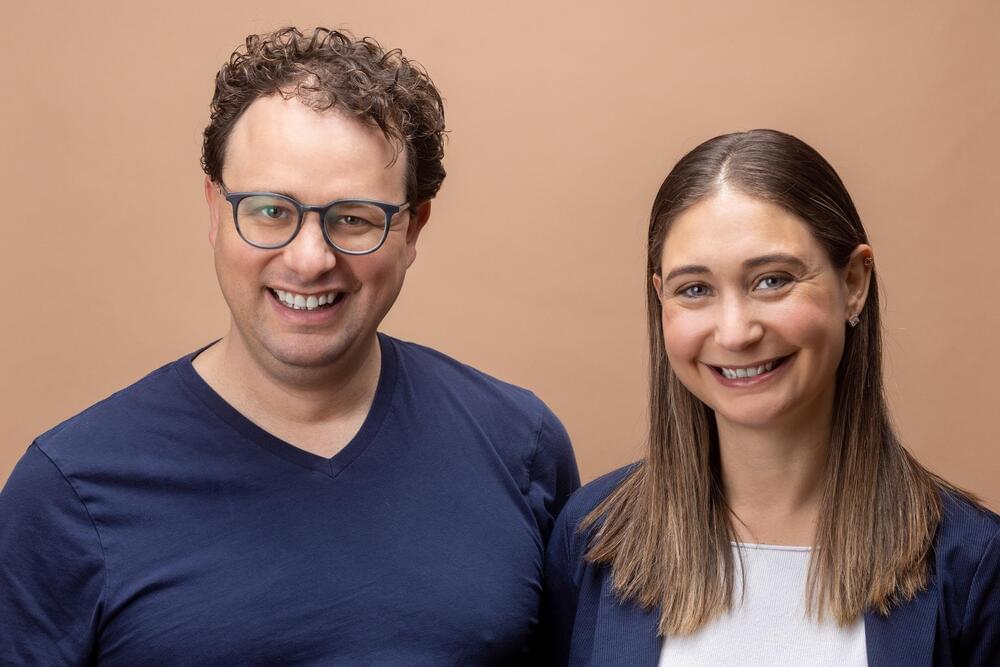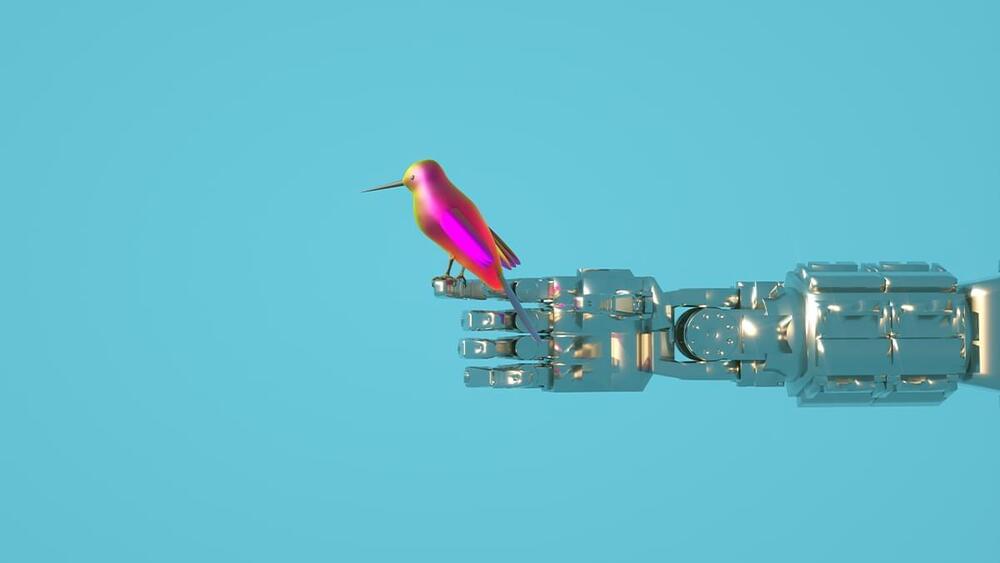AI startup Anthropic has released its next major model – and this time, you can see for yourself how it compares to other AI standouts such as OpenAI’s ChatGPT or Inflection’s Pi. Anthropic announced on Tuesday that it’s released Claude 2, a large-language model that the company said showed improvement across several key benchmarks that include coding, math and reasoning skills, while producing fewer harmful answers.
Claude 2 is more widely available in its second major iteration. Anthropic launched a new beta-test website for general users to register in the U.S. and U.K. – claude.ai – while opening up the new model to businesses by API at the same price they paid for Anthropic’s previous,… More.
New model Claude 2.0 is better at coding, math and reasoning, CEO Dario Amodei said. Unlike its predecessor, it’s available for general consumer use.








